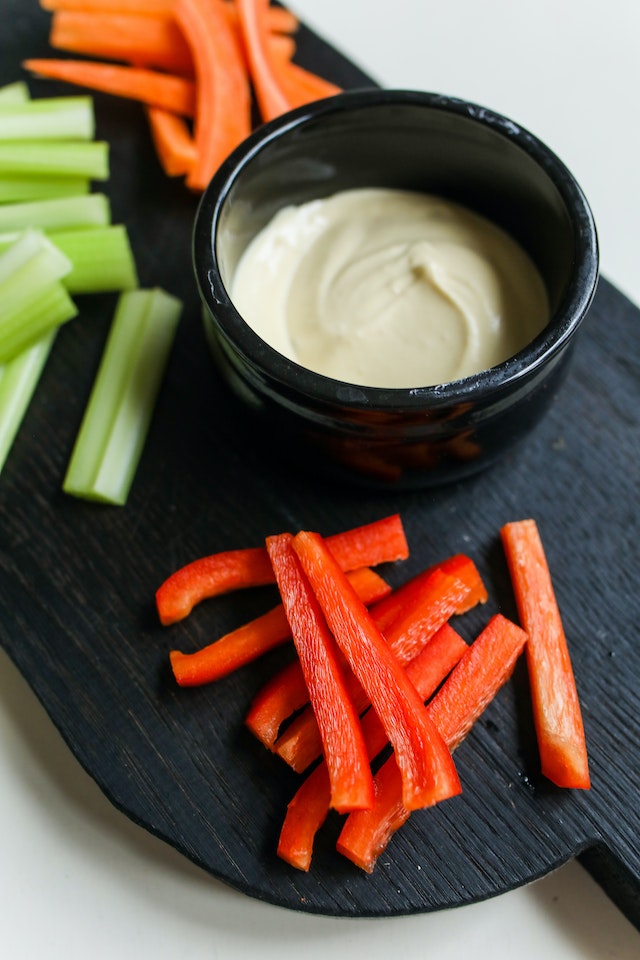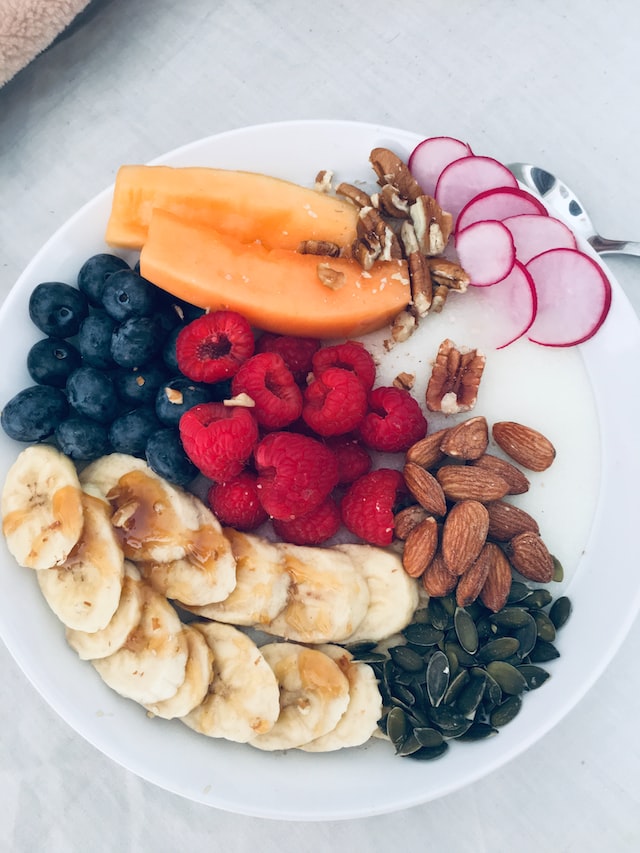How often do you hear someone saying, “I was listening to this podcast…” in conversation? With the days of radio past their prime, podcasts are in a renaissance with topics delving into every corner or a person’s interests. Many influencers and celebrities have hopped on this trend, hosting podcasts for the public to consume. There are many doctors and psychologists that have founded their own podcasts in which they help with motivation and inspiration. Here are some reasons why you should listen to an inspirational podcast the next time you put your headphones on.
Connections
In our society, many of us miss out on some of the social interactions that fulfill us. If you’re starting to feel lonely, try including an enjoyable podcast into your routine that lifts your spirits. Real people are sharing their stories that you can relate to and connect with. This can help validate feelings and uplift your mood.. It can help you feel better knowing that someone else was able to make it through tough times, and you can feel inspired and motivated that you will too.
Relaxation
Everyday life can become stressful and finding new ways to relax can help you unwind after a packed day. Spending time listening to an inspirational podcast can be the way to go. Most have calming music in the background and can even be a form of meditation. Intentional relaxation can result in an improvement in your overall mood, sleep patterns and your focus. Start your day with a short 10 minute inspirational podcast and see if there is a difference in your performance or mood at work!
Learning New Things
Podcasts can be educational, so if you are listening or even have them on in the background as you do busy work, you may hear some helpful information. You can gain knowledge on moving up in your career or dealing with uncomfortable situations. Utilizing tips and tricks you hear from podcasts can help you in other aspects of your life and give you a new outlook on your own.
Podcasts are easy to find and listen to so if you are looking for something positive and different try listening to a podcast. You have the potential to learn new mental health techniques and work on improving yourself.
Dr. Barbara R. Edwards, Princeton Internist, practices at Penn Medicine Princeton Health in the Penn Medicine Princeton Medical Center. She is also the Academic Director for the Ambulatory Residency Program at Penn Medicine Princeton Health.






